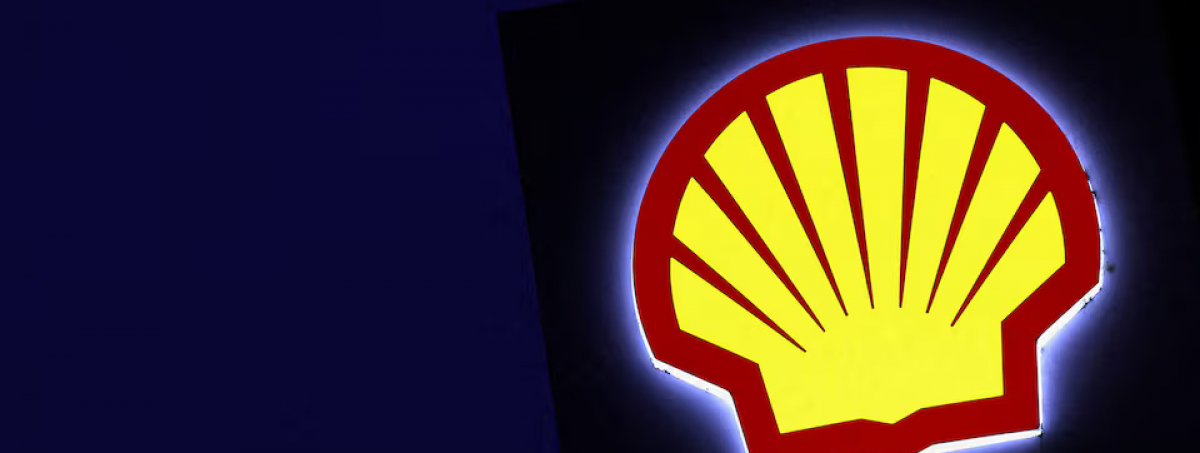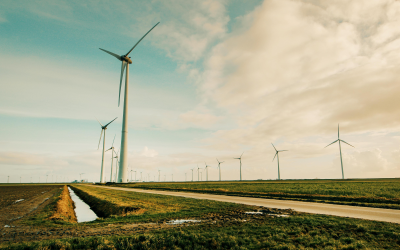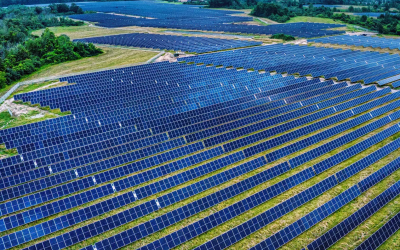The U.S. government has granted Shell and Trinidad and Tobago authorization to develop the Dragon offshore gas field in Venezuela, near the maritime border, according to Trinidad’s attorney general. The project, long delayed due to U.S. energy sanctions on Venezuela, is aimed at supplying Trinidad’s liquefied natural gas (LNG) plants and other industrial sectors, helping address local energy shortages.
The authorization structures the project into three stages. The first stage allows Shell and Trinidad to negotiate development with Venezuela and the state oil company PDVSA through April 2026, while mandating the involvement of U.S. companies. Previous U.S. licenses prohibited cash payments to Venezuela’s government, and similar restrictions are expected to continue, ensuring the project does not materially benefit President Nicolas Maduro’s administration.
Dragon holds proven reserves of around 4.2 trillion cubic feet, ranking it among Venezuela’s largest gas deposits. For Trinidad, unlocking these supplies is vital to sustaining LNG production, petrochemical operations, and broader industrial activity. Shell has previously completed a marine survey at Dragon to inform drilling locations and pipeline design, laying the groundwork for safe and efficient development.
Attorney General John Jeremie noted that commercial targets for U.S. participants are “reasonable,” although the specific financial terms of the license remain undisclosed. The project underscores growing collaboration between Trinidad, Shell, and U.S. authorities, balancing regulatory oversight, geopolitical considerations, and strategic energy needs.
Once operational, Dragon is expected to significantly enhance Trinidad’s energy security, stabilise LNG output, and strengthen the country’s role in regional gas markets.
See how the Dragon gas field could reshape energy production and supply across Trinidad and the wider Caribbean region.













.png)

